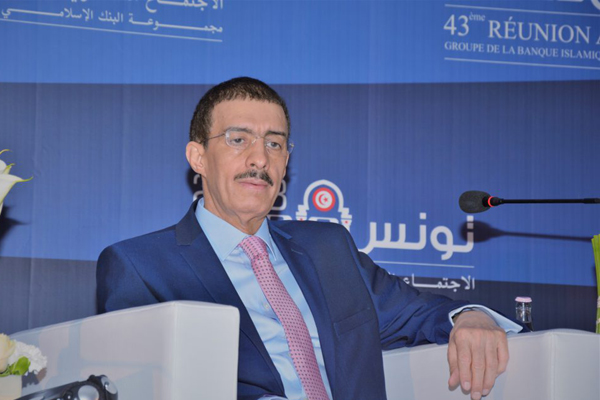
Islamic finance 'can play key role in achieving SDGs'
DUBAI, April 5, 2018
Islamic finance can play a vital role in mobilising resources for long-term investments to achieve sustainable development goals (SDGs), said a joint report by Islamic Development Bank (IDB) and the World Bank Group.
However, the new report pointed out that resources mobilized by traditional development partners, including governments and multilateral development institutions, for long-term financing of development remain insufficient.
The Global Report on Islamic Finance 2018, subtitled “The Role of Islamic Finance in Financing Long-Term Investments” pointed out that risk-sharing finance could play a key role in mobilizing funds to long-term investments and provided examples of how Islamic finance can be utilized to release the potential of long-term financing that advances social, environmental, and economic goals.
The report was released by IDB Group President Dr Bandar Hajjar at the 43rd Annual Meeting of the IDB Group in Tunis, Tunisia in the presence of Dr Michael Bennett, Head of Derivatives and Structured Finance at the World Bank.
It presents a global perspective on the need for long-term investments in the SDGs and proposes the use of Islamic finance, which is based on risk sharing rather than risk transfer, towards overcoming the challenge of underfunding.
The report outlines the potential of Islamic finance in mobilising resources to meet long-term financing needs for sustainable development, stated Dr Hajjar.
“With adequate policy interventions, enabling financial infrastructure and diversity of innovative products, Islamic finance could become a catalyst for bridging the funding gap for long-term investments,” he added.
Dr Bennett, in his opening remarks, said: “Islamic finance provides us with a multiplicity of real asset-based structures that facilitate long-term investment. But equally importantly, Islamic finance provides us with a robust ethical framework that encourages investors to focus on the long term through its discouragement of speculation and its requirement that finance be linked to the real economy.”
According to the report, risk-sharing finance can play a key role in mobilizing funds to long-term investments, and provides examples of the ways that Islamic finance can be utilized to release the potential of long-term financing that advances social, environmental, and economic goals.
Despite the huge potential in Islamic finance, the report pointed out that the Islamic financial sector is a small player in the global financial markets and required a concerted push for the regulatory and legal changes to take root.
It therefore recommends strengthening the Islamic financial system by developing a supportive legal, administrative, and regulatory environment, and enhancing the institutional framework and diversity of instruments for long-term financing.
The report also makes recommendations to promote Islamic finance to make the provision of long-term financing more efficient, and also to encourage a global paradigm shift away from overreliance on short-term instruments toward making investments that add economic value.
The biennial Global Report on Islamic Finance is a joint initiative of the Islamic Research and Training Institute (IRTI) of the IDB Group and the World Bank. The first edition of the report was released in 2016. -TradeArabia News Service







